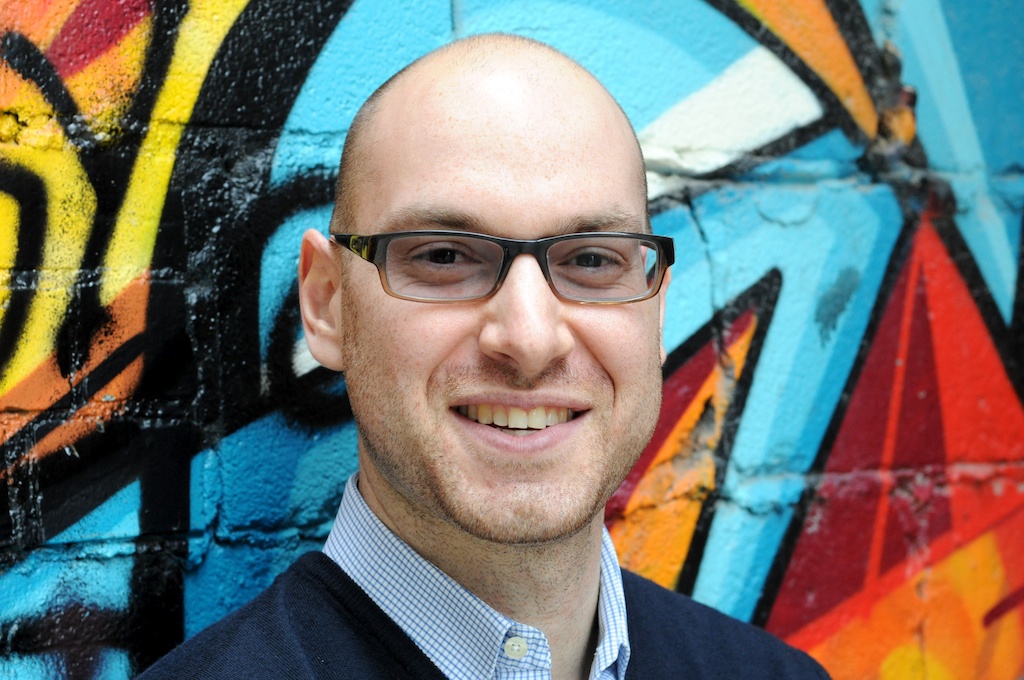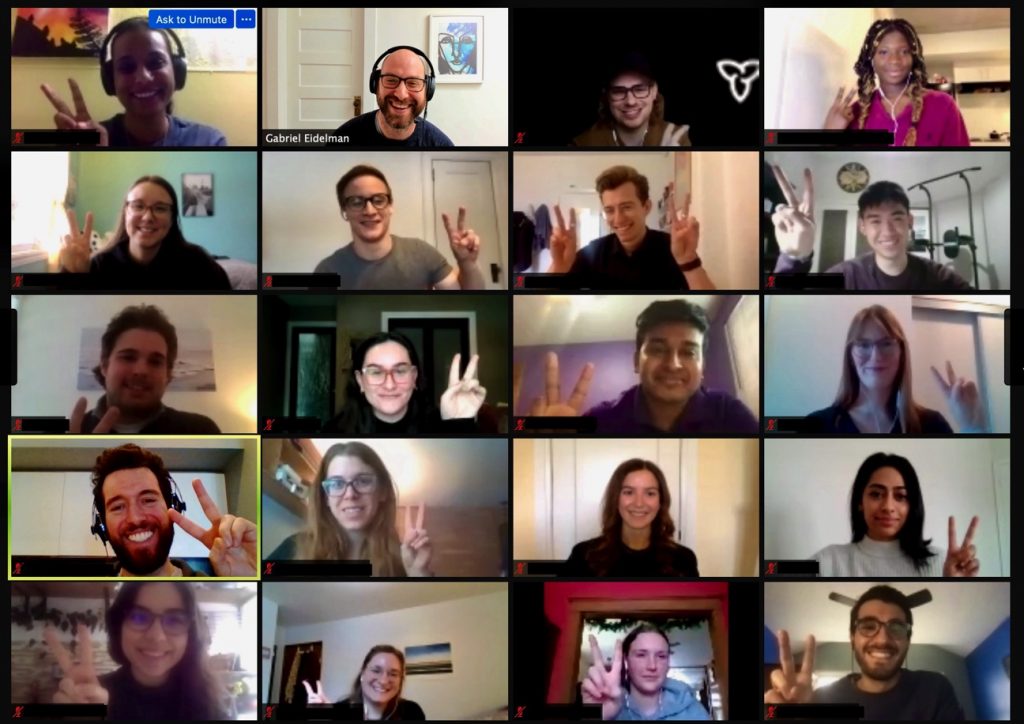
Munk School urban policy course blends the global with the local
Taught by professor Gabriel Eidelman, “Seeing Like a City” is an experiential learning course that challenges Munk School students to view public policy through an urban lens. That means appreciating that city governance goes well beyond municipal government.
“When most people hear ‘urban policy’, they think of city council,” says Eidelman. But urban policy making includes all levels of government, as well as private and non-governmental organizations.”
The course involves a mix of seminars, case studies and virtual field trips. Students visit more than two dozen Munk School alumni working across the Toronto region —in local and regional government, at federal and provincial levels, as well as in the non-profit sector — on a broad range of urban policy challenges.
Students are asked to regularly reflect on these experiences on a course blog, which has attracted nearly 3,000 views. The blog gives students a creative outlet to explore how urban policy touches their lives on the ground, including in their local neighbourhoods, and allows them to consider new potential career paths.
 “This was hands down my favourite course I’ve taken at the Munk School,” says Melissa Slauenwhite, a second-year Master of Public Policy student. “I feel very knowledgeable now about urban policy and how to apply this knowledge to my work, now and in the future.”
“This was hands down my favourite course I’ve taken at the Munk School,” says Melissa Slauenwhite, a second-year Master of Public Policy student. “I feel very knowledgeable now about urban policy and how to apply this knowledge to my work, now and in the future.”
The course culminates in a final assignment Eidelman co-designed with The Shift, an international NGO led by former UN Special Rapporteur on the Right to Housing, Leilani Farhi. The Shift works collaboratively with governments, businesses, scholars, and community groups around the world to help end homelessness, unaffordability, and evictions.
Students were invited to contribute original research to The Shift Demonstration Project, which aims to bring to life the human right to housing in four Canadian demonstration cities: Victoria, Yellowknife, Kitchener, and Toronto.
The final assignment “pushed me beyond my typical policy lens,” notes Ian Stecher, a second-year Master of Global Affairs student, “and forced me to consider the real-world impacts that policy can have in unequal, complex, and diverse urban landscapes.”
Students identified and analyzed discriminatory local policies and programs in these communities, and proposed a series of policy responses to help The Shift advise participating cities on how to secure the right to housing based in international human rights standards, including new programs to monitor “renovictions,” incentivize the refurbishment of affordable rental units, and the co-creation of housing strategies with Indigenous communities.
“I am grateful to Professor Eidelman and his students at the Munk School,” notes Julieta Perucca, The Shift’s deputy director. “Their work has had a deep impact on The Shift’s demonstration project, and we are certain their efforts will result in advancing the right to housing in municipalities across Canada.”
Watch professor Eidelman’s video profile and learn more about the Urban Policy Lab at the Munk School.

